理学学士(科学)(物理学)
Bachelor of Science (Science) - Physics

学历文凭
Bachelor Degree

专业院系
Faculty of Science and Engineering

开学时间

课程时长

课程学费

国际学生入学条件
IDP—雅思考试联合主办方

雅思考试总分
- 雅思总分:
- 托福网考总分:
- 托福笔试总分:
- 其他语言考试:
CRICOS代码: 061600D
申请截止日期: 请与IDP联系 以获取详细信息。
课程简介
Bachelor Degrees prepare students to develop broad and coherent knowledge and skills in a discipline for professional work and further learning corresponding to AQF level 7 qualifications. This course enables students to pursue their interest in science by choosing at least one science major available from the Faculty of Science and Engineering. There are opportunities for students to complete a double major for the duration of their study. Extension specialisations associated with each major are also available for students. Science specialisations are also available for students to choose alongside their chosen major. These specialisations require pre-requisite studies at the first-year level. Students are also able to choose minors which do not have pre-requisites at first year to augment their science studies.From the kinetic energy of a speeding car to nuclear fusion energy, from nearby stars to distant galaxies, physicists examine matter and energy in all their forms. In this course you will study real-world problems through observation, measurement and theoretical analysis. You’ll learn the core concepts of physics and gain experience using complex technical equipment, such as those found at supercomputing facilities. You can specialise in one of the following streams:Applied PhysicsIn this stream you will study matter and energy in the Earth’s natural and managed environments: the atmosphere, oceans, rivers, land, soils and living organisms. You’ll study contemporary topics such as the development of energy-saving ‘green’ materials and the disposal of radioactive wastes. You’ll also learn how to deploy instruments during field excursions, and undertake field and satellite data analysis. You’ll have the opportunity to undertake applied acoustics with Curtin’s Centre for Marine Science and Technology, and applied underwater optics with Curtin’s Remote Sensing and Satellite Research Group.AstrophysicsThis stream is suitable if you are interested in radio astronomy. You’ll grapple with scientific questions ranging from the origins of the Universe to the nature of dark matter. Curtin’s major involvement in the International Centre for Radio Astronomy Research and the Square Kilometre Array means you will have the chance to analyse data from cutting-edge radio telescopes.Materials ScienceThis stream looks for connections between the underlying structure of a material, its properties and applications, and how processing changes the material. You will study materials including metals, semiconductors, glasses, ceramics and polymers. You’ll also learn about analytical instruments and radiation that materials scientists use to investigate the microstructure of samples.Mathematical PhysicsMathematical physics is the study of nature. Through mathematical models, we can predict the progress of climatic changes, the flow of oil reservoirs and development of new materials. This stream will prepare you to work as a physicist or mathematician.
相关申请
 预科
预科 奖学金
奖学金 实习机会
实习机会 在校学习
在校学习 跨境学习
跨境学习 校园授课-线上开始
校园授课-线上开始 在线/远程学习
在线/远程学习
开学时间&学费
学费信息仅供参考,请与IDP联系以获取详细信息
| 开学时间 | 时长 | 学费 | 地点 |
|---|
学校排名

世界排名301
数据源:
泰晤士高等教育世界大学排名
关于科廷大学

科廷大学是一所具有创新精神的全球性大学,因极具影响力的研究、与行业的密切合作关系以及致力于帮助学生为未来就业做好准备而闻名。科廷大学因优质的教学和科研而享誉全球,在''2019年世界大学学术排名''(Academic Ranking of World Universities 2019)中位居全球大学前1%之列。在2019年''泰晤士高等教育世界大学排名''(Times Higher Education World University Rankings)中,该校还名列澳大利亚第9位。在''QS世界大学排名''评选的全球校龄低于50年的年轻大学中,科廷大学名列第21位。科廷大学的足迹遍布全球,在西澳大利亚、马来西亚、新加坡、迪拜和毛里求斯都设有校区,与全球130多所院校建立了合作伙伴关系。就读科廷大学,学生不仅可以获得在国际上受到认可的学历,同时其学位还将具有全球维度。 学生可以在采用大量先进技术的模拟工作环境中学习本科和研究生课程。这样能够使学生加强学习,毕业前即可掌握实践技能和经验。科廷大学与业界的联系让学生可以获得工作和实习机会,从而能够让其提高技能、积累雇主所青睐的实际工作经验。科廷大学的校园兼容并包、充满活力,课余时间,学生可在校园中参加体育、社团、志愿工作和校园活动。这些课外活动能让学生获得崭新的体验、结识新朋友并为自己的简历增光添彩。此外,学生还可获得许多支持服务,其中包括保健、儿童托管、住宿以及其他学习支持服务。
本校相关课程

哲学博士(环境与农业)
学历文凭
Ph.D.
开学日期
课程费用总额

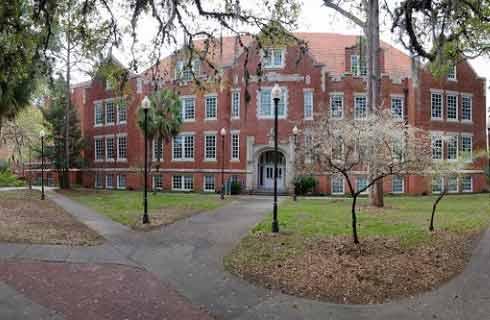
工学学士(荣誉学位)
学历文凭
Bachelor Degree with Honours
开学日期
课程费用总额


市场营销硕士
学历文凭
Masters Degree (Coursework)
开学日期
课程费用总额

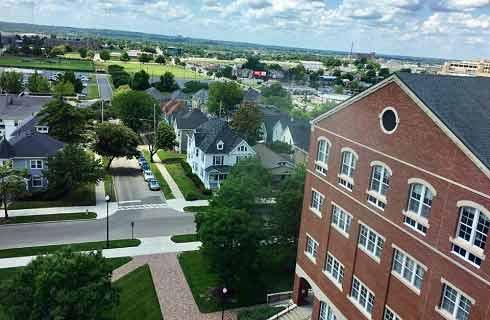
信息系统与技术硕士
学历文凭
Masters Degree (Coursework)
开学日期
课程费用总额

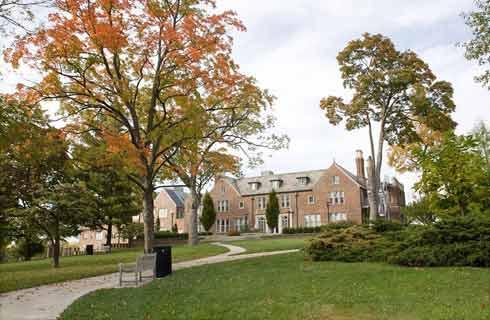
商业研究生证书
学历文凭
Graduate Certificate
开学日期
课程费用总额

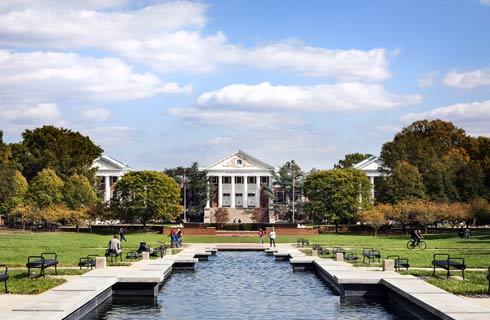
哲学硕士(公共关系)
学历文凭
Masters Degree (Research)
开学日期
课程费用总额

其他相关课程

理学学士(物理学)荣誉
 伊迪斯科文大学
伊迪斯科文大学学历文凭
Bachelor Degree with Honours
开学日期
课程费用总额


理学学士(荣誉学位)-物理学
 伍伦贡大学
伍伦贡大学泰晤士高等教育世界大学排名:247
学历文凭
Bachelor Degree with Honours
开学日期
课程费用总额

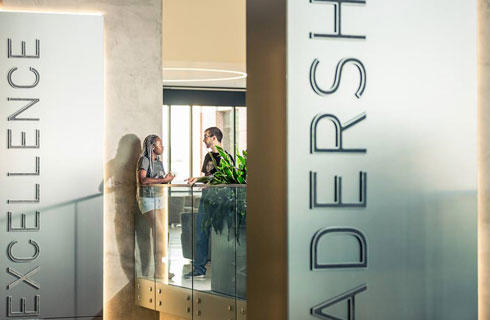
哲学硕士(物理)
 科廷大学
科廷大学泰晤士高等教育世界大学排名:256
学历文凭
Masters Degree (Research)
开学日期
课程费用总额


哲学博士(物理)
 纽卡斯尔大学
纽卡斯尔大学学历文凭
Ph.D.
开学日期
课程费用总额


理学学士(高性能计算物理)(荣誉学位)
 阿德莱德大学
阿德莱德大学学历文凭
Bachelor Degree with Honours
开学日期
课程费用总额

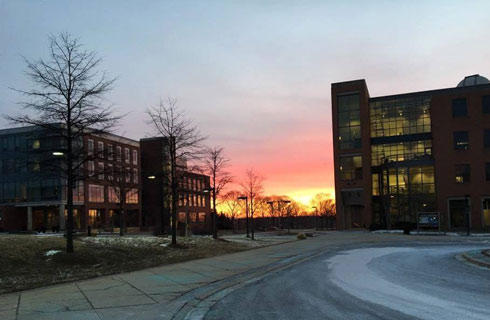
理学学士(空间科学和天体物理学)
 阿德莱德大学
阿德莱德大学学历文凭
Bachelor Degree
开学日期
课程费用总额










